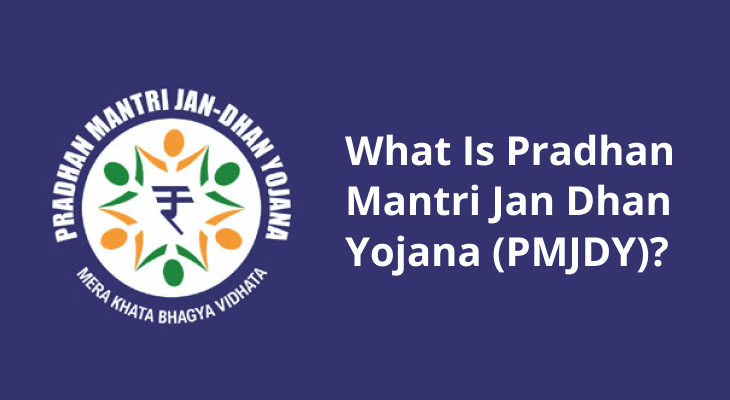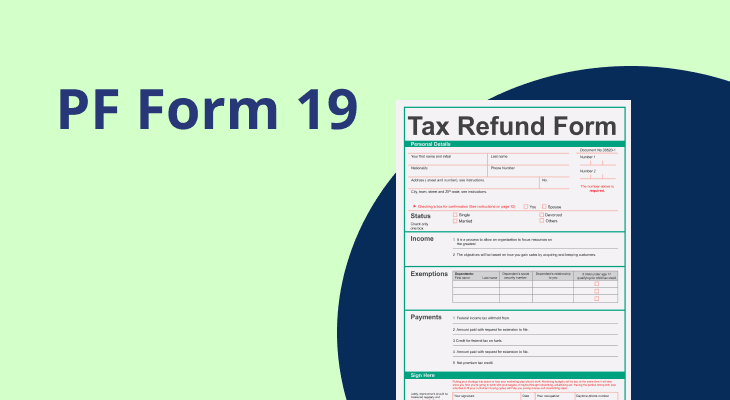
Recurring Deposit Interest Rate Trends: What to Expect in 2025
Overview of Recurring Deposit (RD) Interest Rates
Recurring Deposits (RDs) have long been a popular choice among financially savvy individuals seeking safe, predictable returns. Ideal for disciplined savers, an RD requires fixed monthly contributions, making it an excellent tool for growing your savings without the volatility of market-linked investments.
The charm of an RD lies in its straightforward structure—regular contributions, guaranteed returns, and hassle-free management. Even as interest rates fluctuate due to macroeconomic changes, RDs continue to provide a stable and secure investment option.
In 2025, the overall trend suggests attractive recurring deposit interest rates, largely due to the Reserve Bank of India's (RBI) prior monetary tightening measures. Although the RBI recently eased policy rates from 6.5% to 6.0%, causing a slight reduction in deposit rates, major banks still offer attractive returns, typically ranging from 5% to 8% per annum.
Notably, senior citizens enjoy an additional advantage, typically earning 0.50% more than regular citizens. As a result, senior RD interest rates generally range from 5.5% to over 8%, reflecting banks' ongoing commitment to rewarding long-term depositors.
Additional Read: Fixed Deposit vs Recurring Deposit : Key Differences & Best Choice
Top RD Interest Rates by Major Banks in 2025
Here's a quick comparison highlighting the highest RD interest rates from leading public and private sector banks in India for 2025:
Bank | Regular Citizen RD Interest Rate (%) | Senior Citizen RD Interest Rate (%) |
|---|---|---|
State Bank of India (SBI) | 7 | 7.5 |
HDFC Bank | 7.25 | 7.75 |
ICICI Bank | 7.2 | 7.75 |
Axis Bank | 7.2 | 7.85 |
Kotak Mahindra Bank | 7.4 | 7.9 |
Punjab National Bank | 7.3 | 7.8 |
Bank of Baroda | 7.25 | 7.75 |
IndusInd Bank | 7.99 | 8.25 |
Yes Bank | 8 | 8.5 |
Federal Bank | 7.4 | 7.9 |
Smaller private banks, such as Yes Bank and IndusInd Bank, are offering the highest RD rates, at approximately 8% for regular depositors and even higher for senior citizens.
Key Features of Bank Recurring Deposit Schemes
Understanding the nuances of recurring deposit schemes can significantly enhance your returns. Here’s what major banks typically offer:
- Minimum Deposit and Flexible Tenure: Banks like SBI and PNB allow RDs to start with as low as ₹100, whereas private banks usually require a minimum deposit of ₹500 per month. RD tenures range from 6 months to 10 years, giving you flexibility based on your financial goals.
- Interest Calculation: Interest on RDs is compounded quarterly, allowing your savings to grow faster through the benefits of compound interest.
- Premature Withdrawal Terms: While RDs discourage early withdrawals, banks permit premature closure with an interest rate penalty ranging from 0.5% to 1%. It's advisable to plan carefully to avoid losing out on accrued recurring deposit interest.
- Senior Citizen Benefits: Banks offer senior citizens higher RD rates, typically around 0.50% higher than those for regular accounts. This premium significantly enhances returns, making RDs particularly appealing to retirees.
- Flexible RD Variants: Some banks, such as ICICI and SBI, offer flexible RD options, allowing for varied monthly contributions. Such flexibility can be beneficial if your monthly income is not consistent.
Additional Read: SIP Calculator to Maximize Your Investments & SIP Returns
How to Choose the Best RD Based on Interest Rates
Selecting the right RD involves more than chasing the highest RD interest rates. Here are strategic considerations:
- Compare Rates with Bank Credibility: Higher interest rates from stable banks provide security. Evaluate banks not just on their interest rates but also on their financial stability and customer service reputation.
- Align Tenure with Goals: If your financial goal is clear (e.g., buying a house, education expenses), choose an RD tenure accordingly. Currently, with rates potentially declining further, locking in a higher rate with a longer tenure might be wise.
- Tax Implications: Interest income from RDs is taxable. Consider your post-tax returns when choosing an RD scheme. Ensure the RD you select offers good returns even after taxation.
- Flexibility and Accessibility: Select an RD that aligns with your monthly cash flow comfortably. If irregular income is an issue, consider flexible RDs.
- Premature Withdrawal Policies: Clarify terms of premature closure. Some banks offer slightly less penalizing policies, allowing easier exit strategies in emergencies.
Recurring deposits remain one of the simplest and most effective savings instruments in India, especially attractive amid the evolving economic environment of 2025. While banks like Yes Bank and IndusInd Bank lead with the highest RD interest rates, choosing the right scheme should balance rate attractiveness with tenure suitability, bank stability, tax efficiency, and flexibility. Savvy depositors who consider these factors can maximize their savings potential, navigating the landscape of recurring deposit interest rates in 2025 with confidence.
Additional Read: RD vs Debt Funds: Know the difference in both investments


